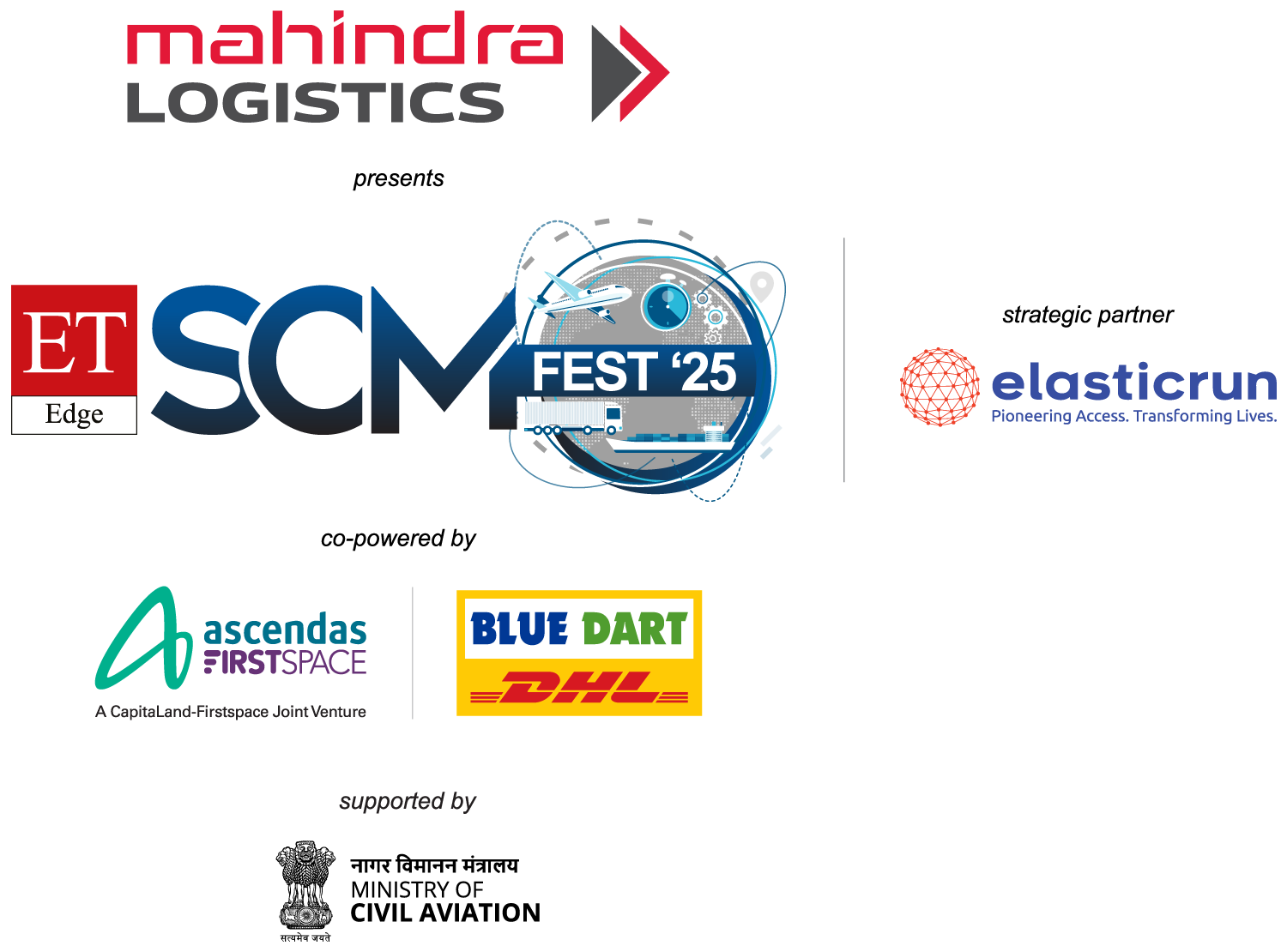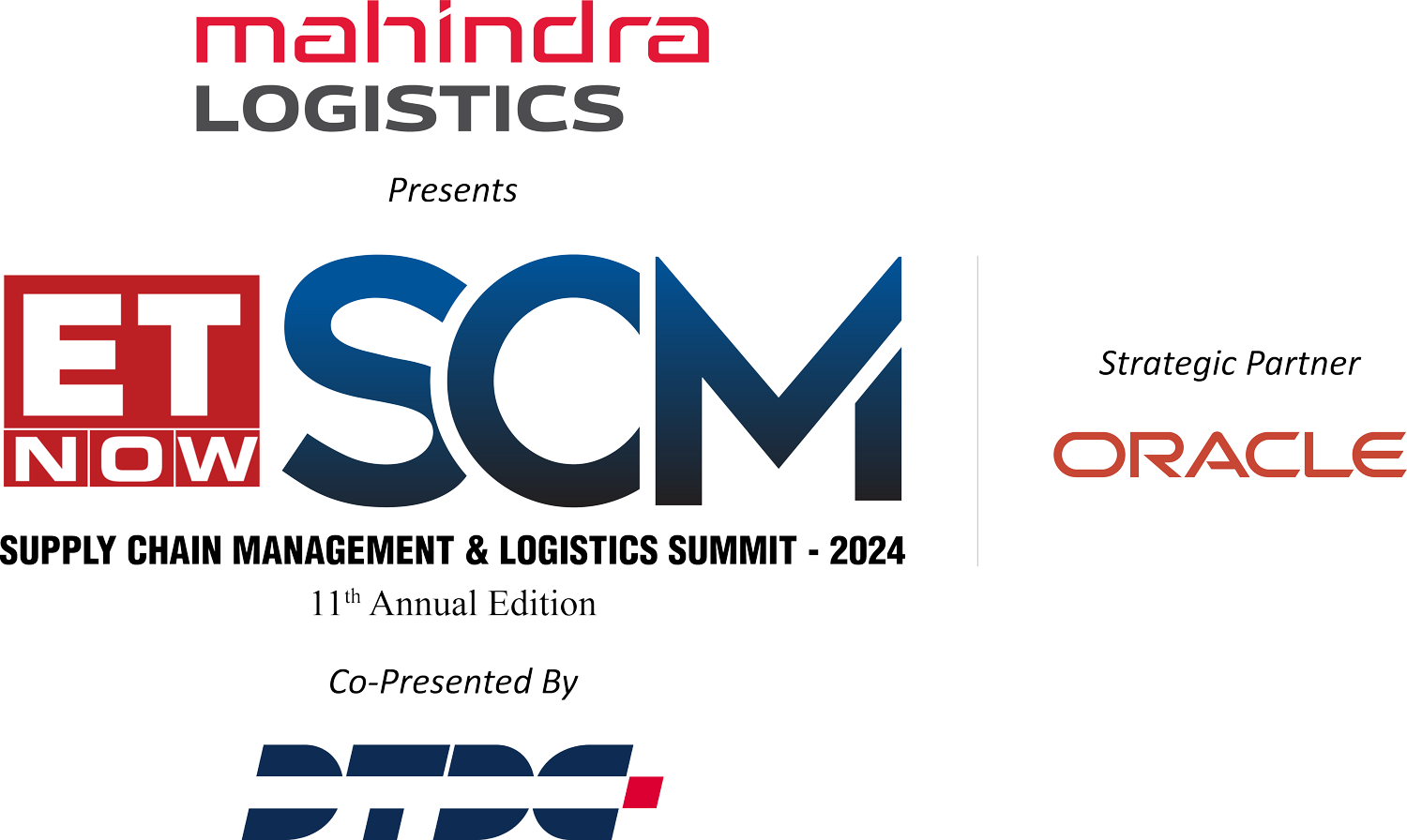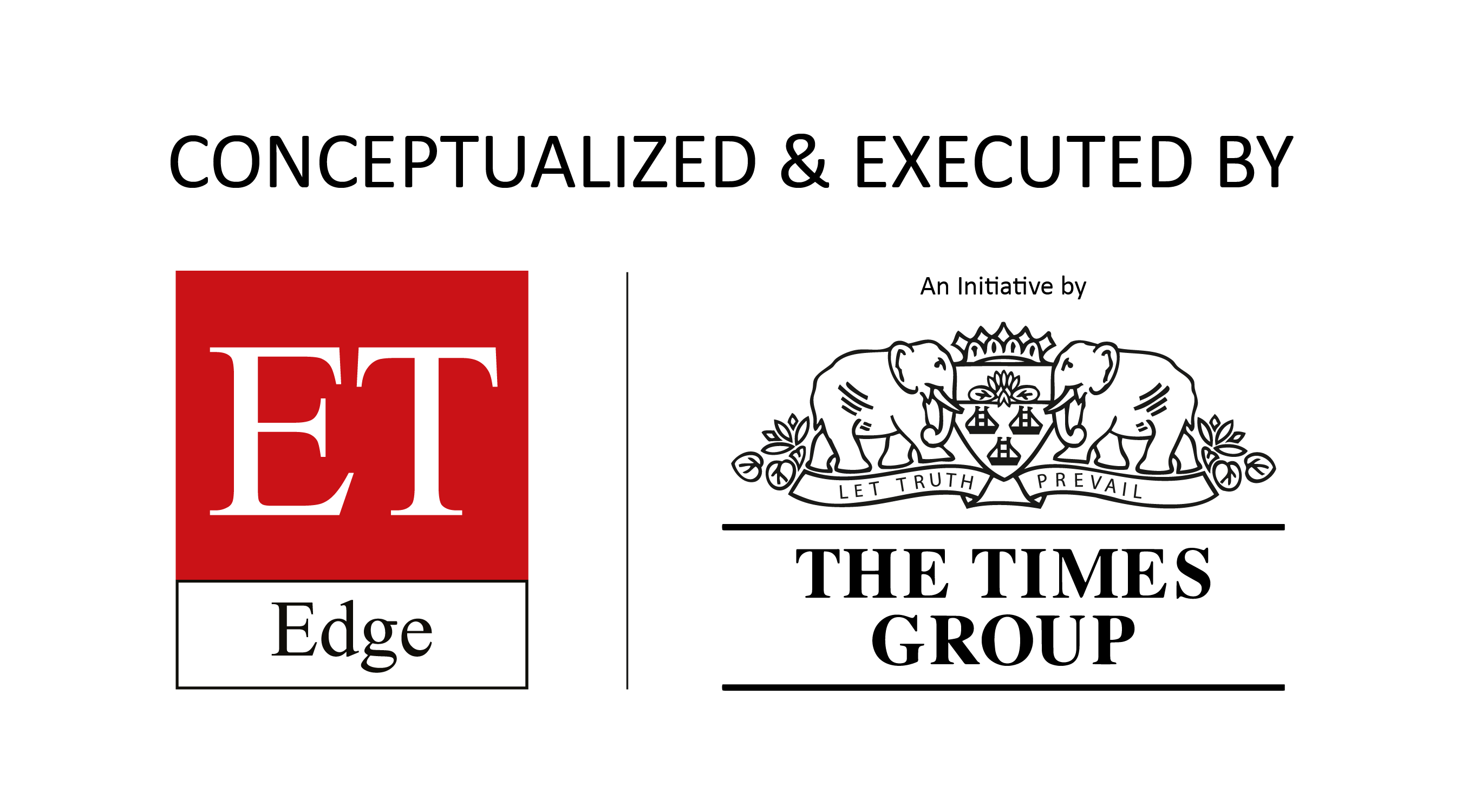Article
- Home
- Article

- scmcp2025
- 0 Comments
Revamping the Organization’s Supply Chain for Competitive Edge
In the ever-evolving landscape of global business, supply chain management is no longer just about moving goods from point A to point B. It’s a complex, dynamic system that requires strategic planning, cutting-edge technology, and innovative solutions to stay competitive. How can your organization harness these elements to optimize its supply chain and gain a significant advantage in the marketplace? As we approach the Supply Chain Management and Logistics Summit on 28th June 2024 at Taj Palace, New Delhi, let’s explore the transformative strategies and technologies shaping the future of supply chains.
The Core of Supply Chain Optimization
- Inventory Management
Effective inventory management is crucial for supply chain optimization. It involves maintaining the right balance of stock to meet customer demand without overstocking or understocking. Advanced algorithms and predictive analytics play a vital role here. By analyzing historical data and forecasting future demand, companies can optimize their inventory levels, reduce holding costs, and improve customer satisfaction.
- Strategic Logistics Planning
Strategic logistics planning involves designing an efficient and cost-effective logistics network. This includes everything from selecting the right transportation modes to optimizing delivery routes and managing warehousing operations. Modern supply chains leverage technology to enhance these processes. For instance, route optimization software can significantly reduce transportation costs and delivery times by identifying the most efficient paths.
Technological Advancements Driving Supply Chain Optimization
Artificial intelligence (AI) and robotics are revolutionizing supply chain management. AI-driven predictive analytics can forecast demand with remarkable accuracy, helping companies to plan better and reduce waste. Robotics, on the other hand, automate repetitive tasks such as picking, packing, and sorting in warehouses, increasing efficiency and reducing human error. According to a McKinsey report, AI and automation could boost productivity by up to 50% in some supply chain functions.
On the other hand, Blockchain technology in supply chain management ensures transparency and security. By providing a decentralized and immutable ledger of transactions, blockchain can trace the origin and journey of products, preventing fraud and ensuring compliance with regulations. The adoption of blockchain technology in supply chain logistics can streamline processes, reduce costs, and enhance trust between partners. A recent survey by Deloitte found that 53% of senior executives are prioritizing blockchain investments for supply chain management.
The Internet of Things (IoT) is another game-changer in supply chain management. IoT devices provide real-time data on the location, condition, and movement of goods. This visibility allows for better decision-making and proactive issue resolution. For example, IoT sensors in cold supply chains can monitor temperature and humidity, ensuring that perishable goods remain within safe conditions throughout the journey. Companies like Amazon and DHL are already leveraging IoT to optimize their supply chains and enhance customer experience.
Modern Trends and Techniques in Supply Chain Management
The shift from traditional to modern trade supply chains involves embracing digital transformation and innovative solutions. Advanced technologies like AI, blockchain, and IoT are at the forefront of this transition. For instance, predictive maintenance powered by IoT can anticipate equipment failures and schedule timely maintenance, reducing downtime and operational costs.
Sustainability is becoming a key focus in global supply chains. Companies are adopting eco-friendly practices and green technologies to reduce their carbon footprint and meet regulatory requirements. This includes optimizing transportation routes to minimize fuel consumption, using renewable energy in warehouses, and sourcing materials from sustainable suppliers. A study by Gartner revealed that 87% of supply chain professionals plan to invest in sustainability initiatives over the next two years.
Preparing for the Future
As we gear up for the Supply Chain Management and Logistics Summit, it’s clear that the future of supply chains lies in leveraging advanced technologies and innovative solutions. This summit will bring together industry leaders, experts, and innovators to discuss the latest trends and best practices in supply chain management. Attendees will have the opportunity to explore cutting-edge technologies like AI, blockchain, and IoT, and learn how to implement these tools to optimize their supply chains. This summit is the perfect place to gain insights and network with industry pioneers. Together, let’s revolutionize supply chains and drive success in the global marketplace.
© Copyright 2025. All Rights Reserved.


